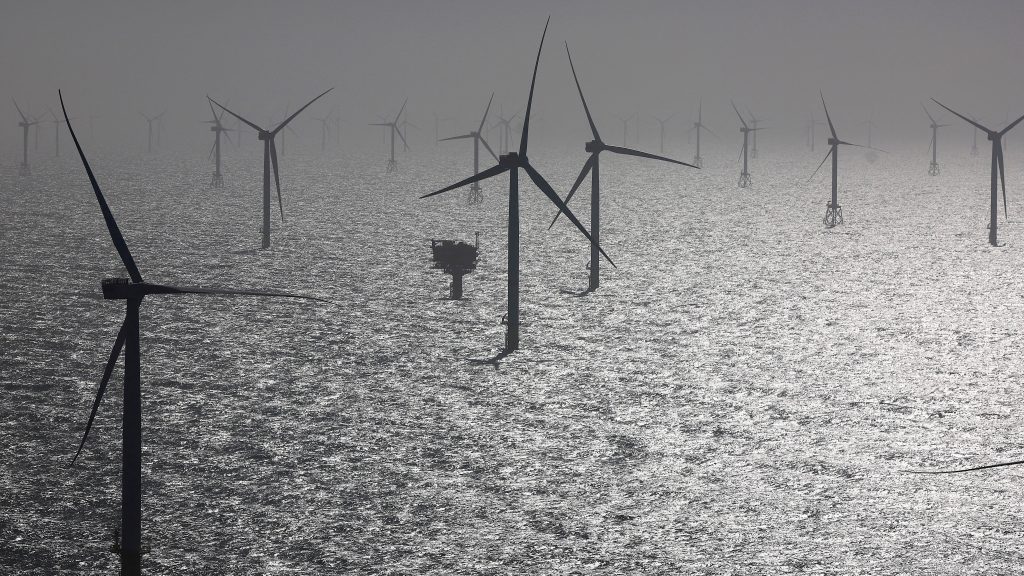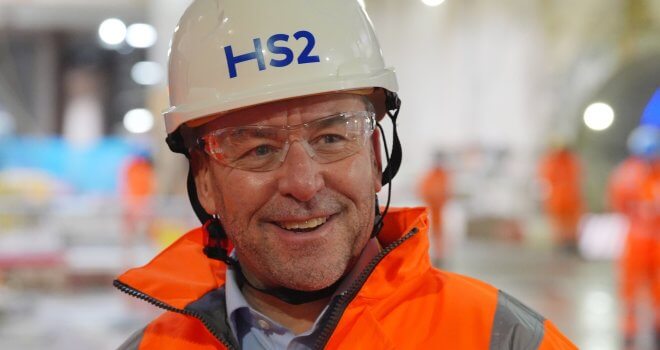European Firms Warn Renewables Need Policy, Funding Support To Stay On Track

Europe’s offshore renewable energy industry is not big enough to deliver governments’ goals to rapidly expand green power, and requires a jump in policy support and funding to get on track, European companies from the sector said on Monday.
The companies’ joint call comes as leaders from nine countries including Germany, France and Britain are set to gather in Ostend, Belgium on Monday, to pledge to more than quadruple offshore wind capacity in the North Sea by 2030.
“Our industry is not large enough today to deliver the nine governments’ commitments and meet the rising demand for renewable electricity and renewable hydrogen,” more than 100 companies and industry groups said in a joint statement, adding that they would “do everything we can” to ensure new wind farms are manufactured in Europe.
Today, European industries can manufacture seven gigawatts of offshore wind per year, said the signatories, which included energy firms Orsted , Shell and Equinor , wind turbine manufacturer Siemens Gamesa , Britain’s National Grid , renewable hydrogen equipment manufacturer Nel , and industry group Wind Europe.
Hitting countries’ targets will require adding more than 20GW per year in a few years’ time, they said.
Final investment decisions in European offshore wind farms plunged in 2022, as developers faced record-high inflation, soaring interest rates, increased seabed leasing fees and volatile energy markets.
Investment has bounced back so far this year, but the companies said further support will be needed or Europe’s renewables sector could struggle to deliver the build-out needed to hit targets – raising the risk of an increased reliance on imported parts.
The firms called for increased government and EU funding to expand Europe’s manufacturing of renewable energy components, and inflation-indexed prices in government auctions to support wind farms.
The companies warned the EU against extending its cap on power generators’ revenues, which is due to expire in June. The scheme was introduced last year to claw back cash from soaring power prices and return it to consumers, but was opposed by industry who said it deterred investors.
(Reporting by Kate Abnett; editing by Diane Craft)




